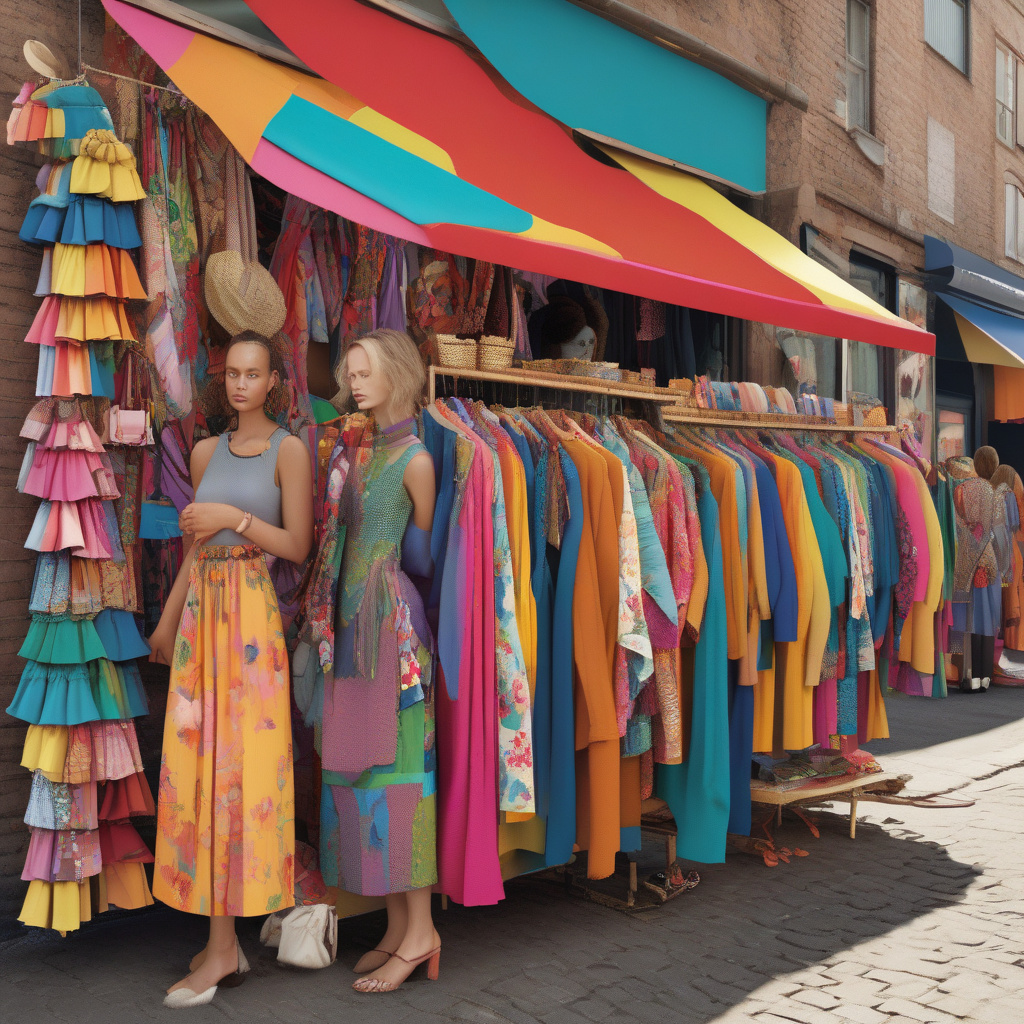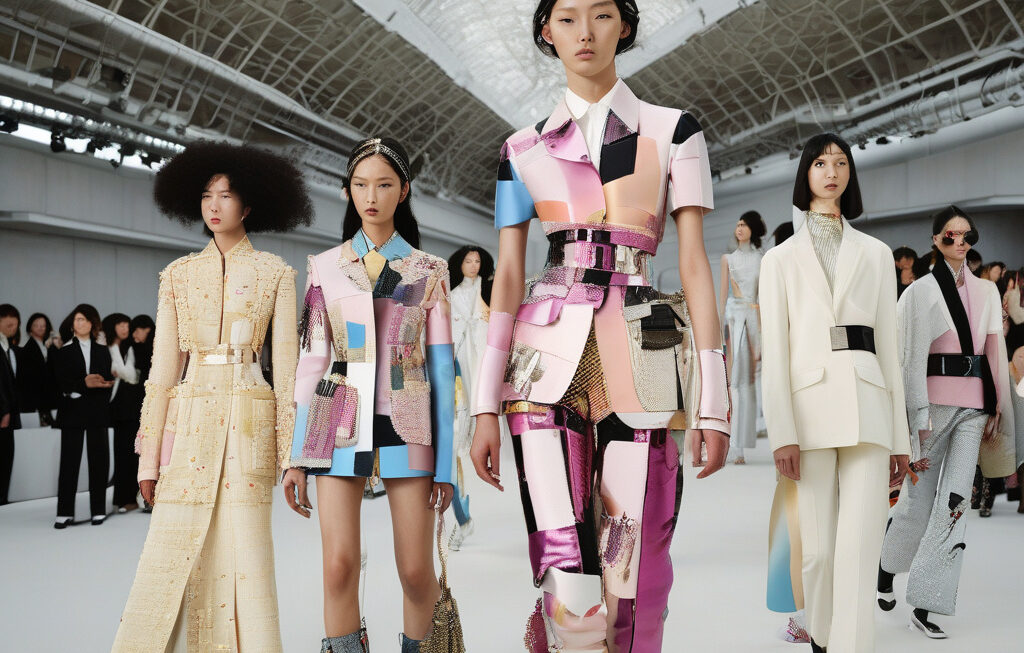Tariffs Won’t Kill Fast Fashion, But They Might Kill Sustainable Fashion
In recent years, the fashion industry has been undergoing a transformation. With sustainability and ethical practices at the forefront of many brands’ agendas, there has been a notable shift towards a more conscious way of producing and consuming fashion. However, with America’s escalating trade war and the imposition of tariffs on goods, this progress is now under threat. While some may view these tariffs as a means to curb overconsumption of cheap goods, the reality is that they could have devastating effects on the sustainable fashion movement.
The fashion industry is no stranger to criticism. From exploitative labor practices to environmental pollution, the sector has long been associated with negative impacts. In response to these concerns, many brands have begun to adopt more sustainable and ethical practices. This shift towards sustainability has been welcomed by consumers and activists alike, who see it as a step in the right direction towards a more responsible industry.
However, the imposition of tariffs threatens to undo all the progress that has been made. Kenneth P. Pucker, in his analysis of the situation, highlights that the economic hardship brought on by tariffs is likely to eviscerate efforts to transform the industry for the better. With increased costs of production and supply chain disruptions, many sustainable fashion brands will find it difficult to compete with fast fashion giants who can afford to absorb these additional expenses.
Fast fashion, with its emphasis on high volume, low cost, and rapid turnover of trends, has long been criticized for its detrimental effects on the environment and labor practices. While tariffs may make fast fashion slightly more expensive, they are unlikely to kill the industry altogether. Fast fashion brands have built their empires on the ability to quickly adapt to changing market conditions and offer consumers the latest trends at affordable prices. This business model, while unsustainable in the long run, is resilient in the face of economic challenges.
On the other hand, sustainable fashion brands operate on a different set of principles. By prioritizing ethical sourcing, fair labor practices, and environmentally friendly production methods, these brands often operate on thinner profit margins. The additional costs imposed by tariffs could push many sustainable fashion brands to the brink of collapse, as they struggle to stay afloat in an already competitive market.
The implications of this are far-reaching. If sustainable fashion brands are forced out of business, it would not only be a blow to the progress that has been made towards a more responsible industry but also a setback for consumers who are increasingly demanding transparency and sustainability from the brands they support. Moreover, it would send a signal to the fashion industry at large that sustainability is a nice-to-have rather than a necessity, further perpetuating the cycle of exploitation and environmental degradation.
In conclusion, while tariffs may not kill fast fashion, they have the potential to deal a fatal blow to the sustainable fashion movement. It is imperative that stakeholders in the industry, from brands to consumers to policymakers, come together to find solutions that support and encourage sustainable practices. The future of fashion depends on it.
sustainability, fashionindustry, ethicalpractices, economicimpact, consumerdemand












